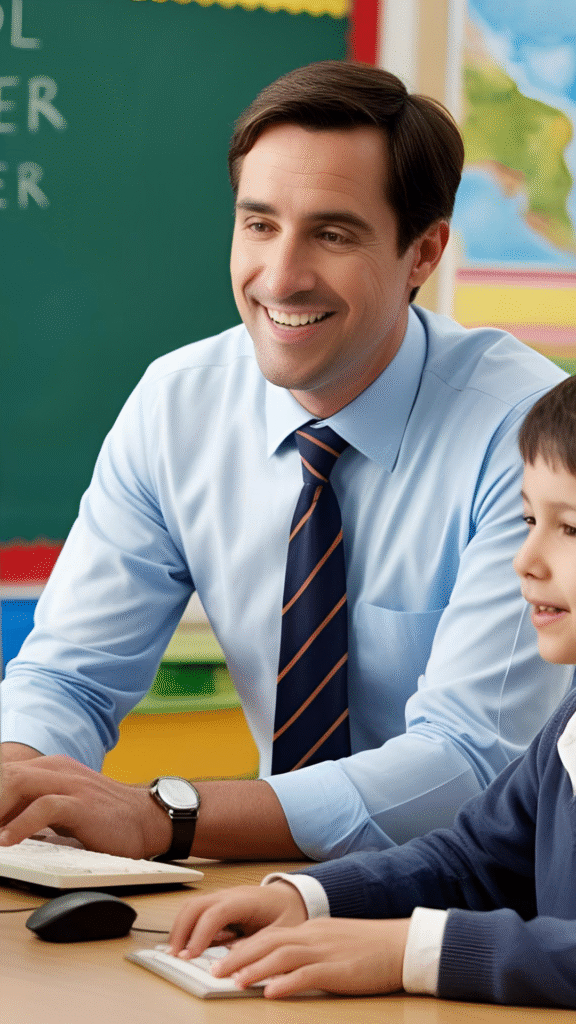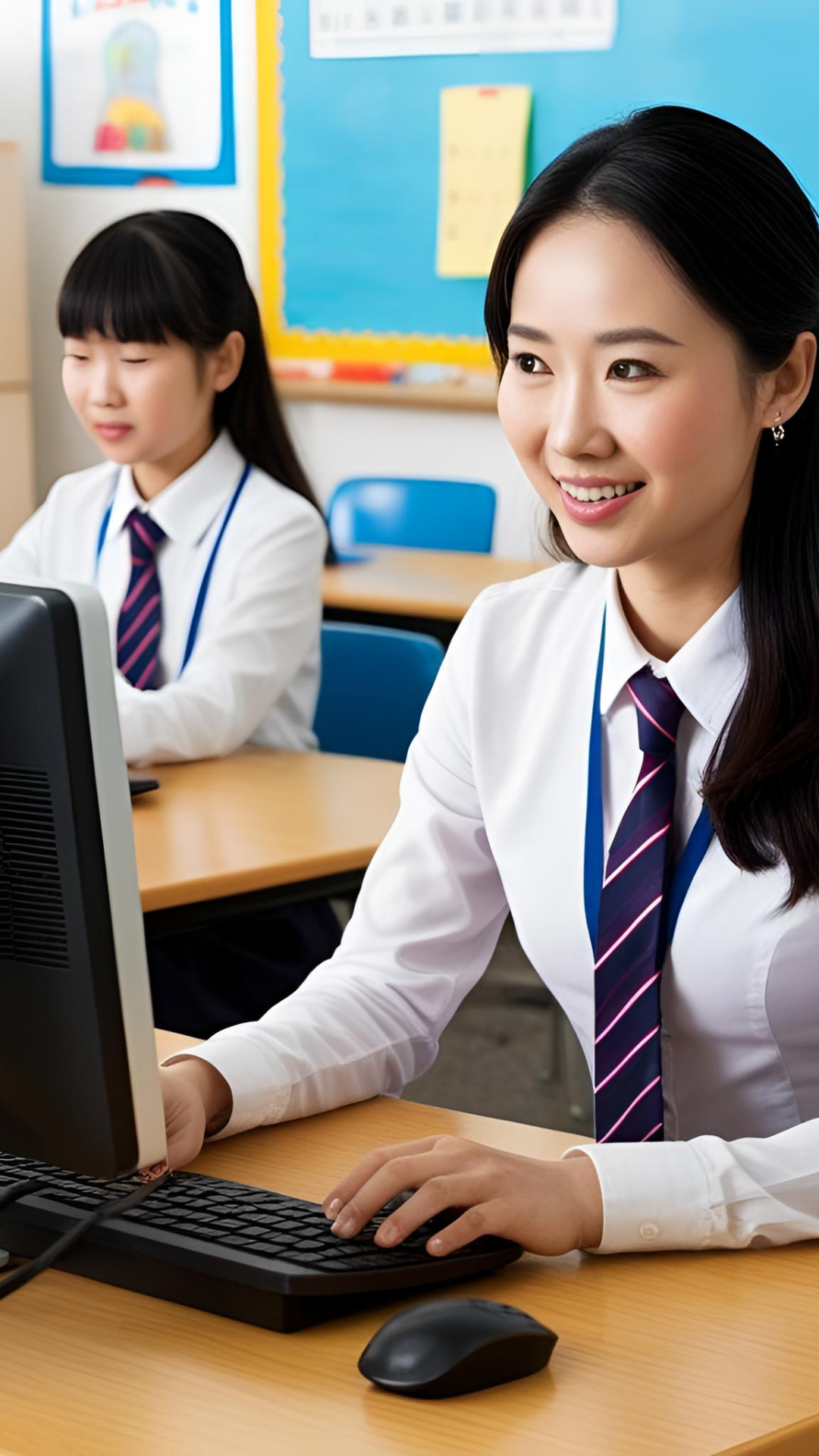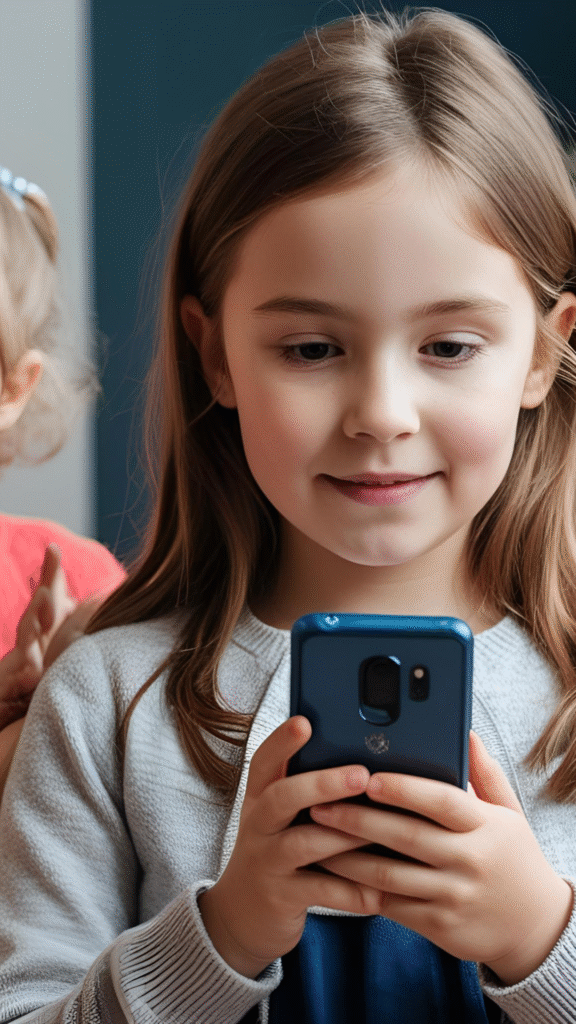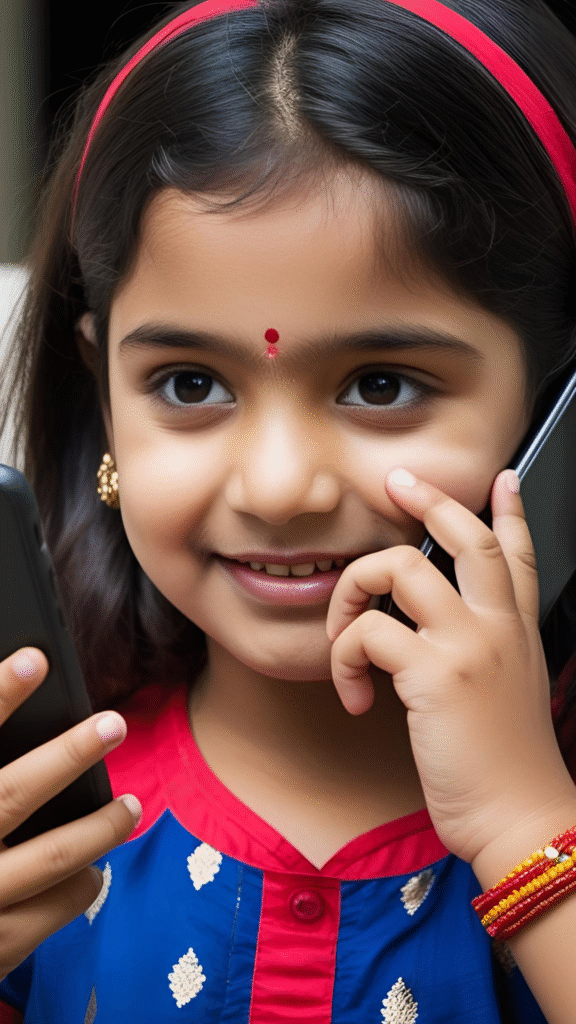Media literacy programs for middle school students

How important is media literacy in the 21st century? In today’s era, whenever we need an answer to any question, instead of asking an elder or even a teacher, we turn to media for answers. Why? Because we know it will give us the most accurate and immediate response. We can ask at any time, day or night—there are no time restrictions. Nowadays, the answer to almost every problem lies within media. Whether you want to watch the news, do calculations, or get translations—everything is available there. It has now become a necessity for everyone.
What is media literacy?
Media literacy programs for middle school students
The world’s best virtual school is one that combines a fun-filled experience with a complete curriculum and connects students with a strong, supportive community. For example, when you go to watch a movie like Elsa with your friends, the discussions you have afterward about what you saw help develop your thinking and communication skills. Since each person has a different perspective, you get to hear various viewpoints — some ideas may come to your mind, while others come from your friends. This exchange of thoughts helps you learn even more and broaden your understanding. What kind of communication or life skills do you think kids benefit from the most when they are part of a virtual school like this?
Media literacy Skills
Media literacy programs for middle school students

You’re searching for a good recipe on Google, but after a while, you realize it’s actually an ad from a food processing company. So, you hit the back button and search again. In this everyday example, you’re using media literacy skills to gain accurate information. Media literacy is considered one of the essential 21st-century skills. We use it in our daily routines to enhance our knowledge and understanding. According to a 2022 study, teens spend an average of 8 hours daily using media, while kids aged 10 to 12 spend over 6 hours. When I searched media literacy on Google, I realized that it’s one of the fastest ways to conduct research. Many schools now offer media literacy classes to students, which is a great effort to help expand and grow their minds.
Healthy Media Consumption for Kids
Media literacy programs for middle school students
Media literacy habits should be encouraged in children. If parents are worried about their kids’ screen time, they should know that not all screen use is harmful. If children develop a habit of watching useless content, it can be damaging — but media also provides a lot of valuable information and knowledge. When used properly, media can be a powerful tool. If children learn the right way to use it from an early age, they will be able to make better choices as they grow up and learn to distinguish between good and bad content.
Guided media use for young children
Young children between the ages of 5 and 8, who don’t yet understand the difference between right and wrong, should be guided by adults. You can play stories or short informative videos for them — especially those that teach manners or good behavior. You can also show them videos related to your religion so they can begin to understand their faith. Educational games are another good option. During this time, it’s important that you stay with your child so you can closely monitor what they are watching and learning.
Digital Media Literacy and Social Media
Media literacy programs for middle school students
Famous platforms like TikTok and YouTube are excellent sources of learning. It is the parents’ responsibility to guide their children about social media. Parents should keep a strong grip on their children’s online activities and not give them complete freedom, as many inappropriate videos can also appear on these platforms. Children should not be encouraged to show themselves online, meaning they should avoid sharing any personal photos.


